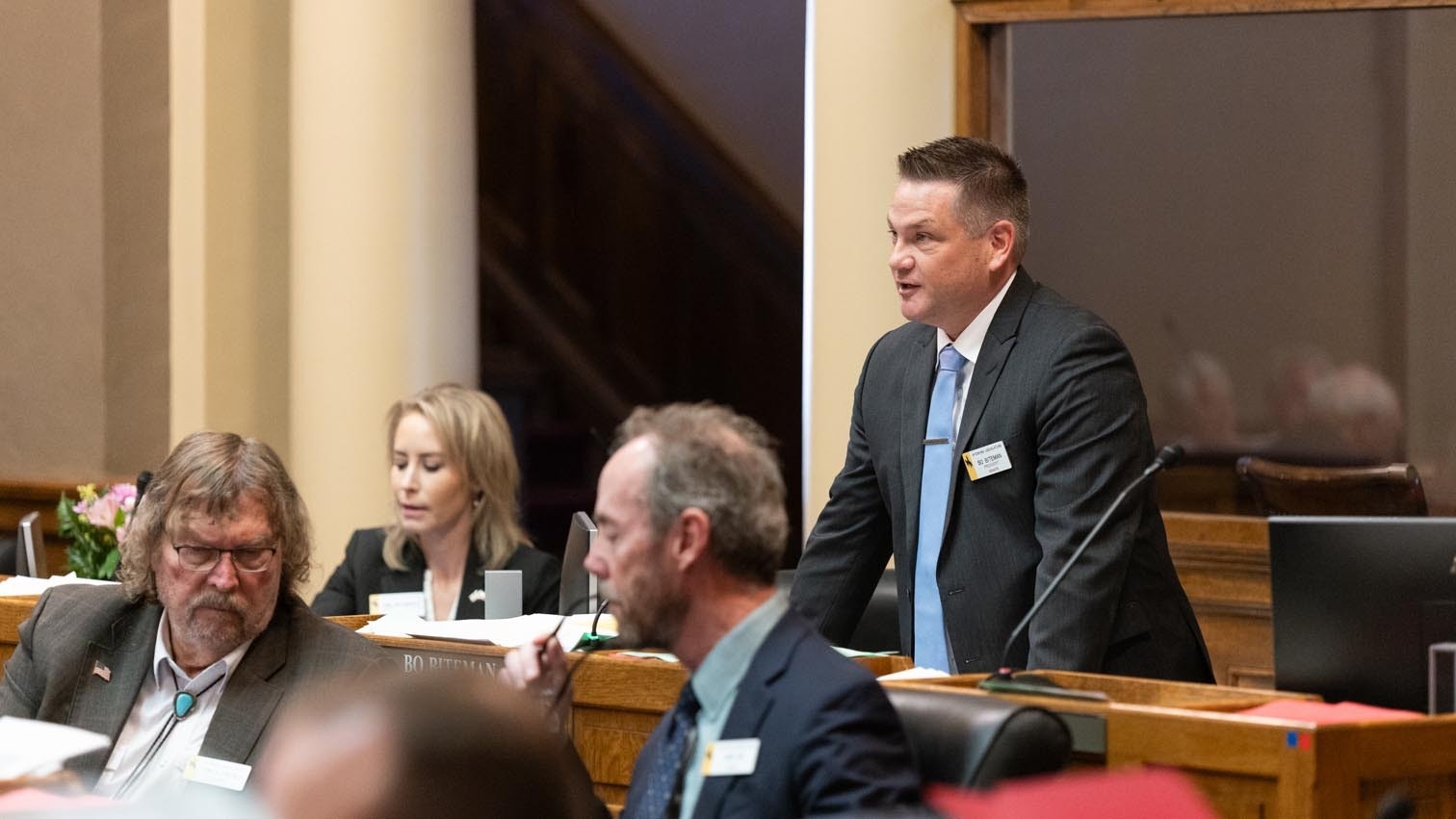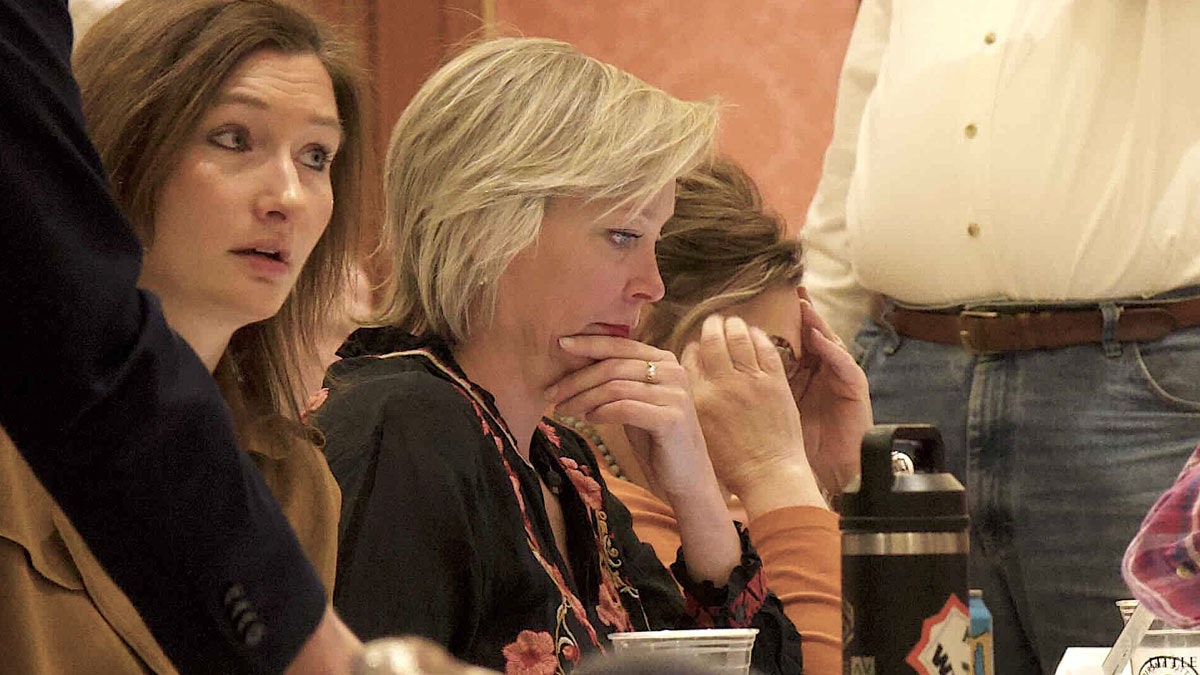U.S. Sens. John Barrasso and Cynthia Lummis criticized the proposed $15 minimum wage included in the latest coronavirus relief bill, calling it an inappropriate and irresponsible addition.
“The Biden Administration’s $15 minimum wage increase may work in New York and California but it does not work for states like Wyoming,” Lummis said in a statement. “Placing that one-size-fits-all standard on every state is irresponsible.”
On the Senate floor, Barrasso gave a more impassioned speech about the wage increase.
“The bill includes a mandate from Washington D.C. to double the minimum wage, nothing to do with coronavirus. In fact, it would actually make things worse,” Barrasso said.
Currently, the federal minimum wage is $7.25, which has been in place since 2009. The proposed $1.9 trillion coronavirus relief bill includes not only a stimulus payment for residents, but a proposal to boost the minimum wage to $15 per hour by 2025.
Barrasso maintained federal studies showed the increase would do more harm than good.
“The Congressional Budget Office took a look at this and said what would the impact be on the economy? They say that 1.4 million people who have jobs right now would lose their jobs if the federal government came in with a mandate to double the minimum wage,” Barrasso said. “That’s not a stimulus.”
According to Business Insider, Democratic Sens. Joe Manchin of West Virginia and Kyrsten Sinema of Arizona, two of the party’s most moderate politicians, have both said they are opposed to using budget reconciliation — a maneuver that allows the majority party to speed through high-priority fiscal legislation without support from the minority party — to pass the minimum wage hike.
Manchin, along with other moderates and most conservatives, said he is worried that the incremental wage increase could end up doing more harm than help.
Manchin has said he would support something “responsible and reasonable” when it comes to raising the federal minimum wage and has proposed a smaller increase to $11 an hour.
A Congressional Budget Office report estimated the legislation, if passed, would increase the cumulative budget deficit by $54 billion in the next decade. Prices for goods and services would also increase as a result of paying workers more, the report said.
But the report also estimated the hike would pull 900,000 workers out of poverty and pump $333 billion back into the economy.





